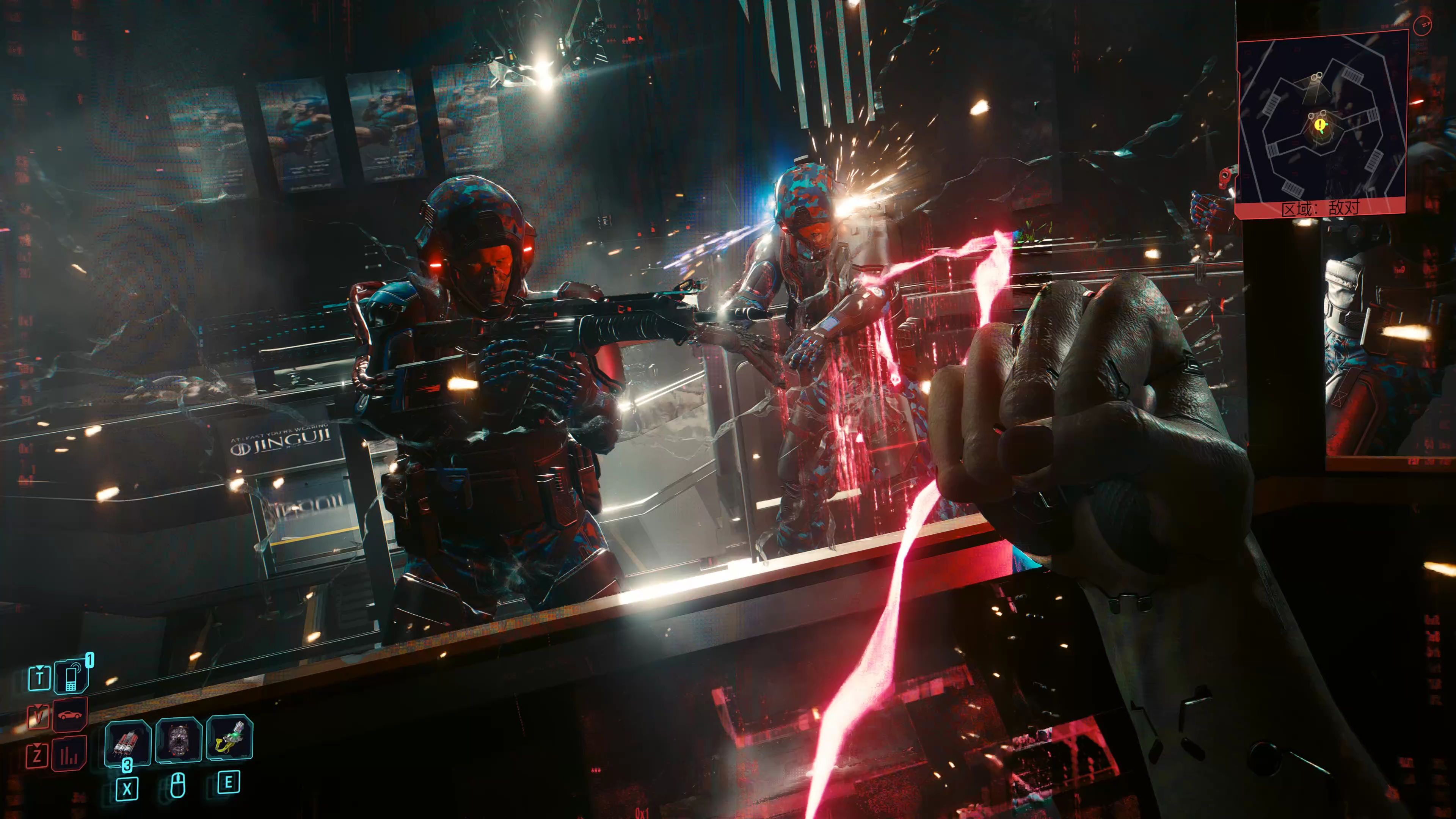The dust of the Mojave is a familiar companion, a fine, particulate grit that settles on everything from the chrome of a Securitron to the worn leather of a courier’s duster. For many, the journey ends with the Second Battle of Hoover Dam, the fate of the Mojave decided. But for those who venture into the Ultimate Edition of Fallout: New Vegas, the journey is merely the spine of a far richer, darker, and more complex tale. This edition, bundling the base game with all four major story DLCs (Dead Money, Honest Hearts, Old World Blues, and Lonesome Road), doesn't just add content; it fundamentally re-engineers the narrative and thematic core of the experience, elevating it from a masterpiece of role-playing to a profound and tragic opera of the American West.
The base game’s central question—who will control the future of the Mojave: the autocratic but stable New California Republic, the brutal yet efficient Caesar’s Legion, the enigmatic Mr. House, or the courier themselves—is a macro-scale political dilemma. The DLCs, however, force a deeply personal, introspective micro-scale upon the player. They are less about deciding the fate of thousands and more about confronting the ghosts of the past, both the Courier’s and the world’s. This shift in perspective is the Ultimate Edition’s greatest strength. It transforms the Courier from a reactive pawn in a larger game into a defined, albeit amnesiac, character whose past actions have cataclysmic consequences.
This narrative enhancement begins subtly with Honest Hearts. While ostensibly a straightforward tale of tribal conflict in Zion National Park, it introduces the first thread of the overarching "Ulysses thread" through the survivalist logs of Randall Clark. More importantly, it presents the first of the DLC’s philosophical mirrors in Joshua Graham. The Burned Man is a living testament to past sins and the possibility, or impossibility, of redemption. His fervent faith, whether violent or pacifistic, forces the player to reflect on their own path: are they a force of mercy or retribution? This theme of confronting a violent past is a dress rehearsal for the heavier trials to come.
The tonal shift is drastic and brilliant with Dead Money. A stark departure from the open deserts of the Mojave, this DLC is a claustrophobic, survival-horror infused parable. Its genius lies in its mechanical and narrative constraints. Stripped of gear and autonomy, the player is subjected to the toxic philosophy of Father Elijah, all while navigating a villa of deadly fog and ghostly inhabitants. The famous refrain, "Letting go," becomes the ultimate lesson. It’s not merely about escaping a trap; it’s a philosophical challenge to the player’s inherent hoarding, conquering mentality. The Sierra Madre’s cursed treasure is a test of greed versus wisdom, making its final chamber one of the most impactful moral moments in gaming. It enhances the core game by teaching a lesson that resonates back in the Mojave: some obsessions, whether for power, technology, or revenge, are prisons of our own making.
This theme of toxic legacy is explored from a completely different, albeit hilarious, angle in Old World Blues. On the surface, it is a comedic romp through the pinnacle of pre-war scientific absurdity. The Think Tank, with their disembodied brains and fractured personalities, provide some of the game’s funniest dialogue. Yet, beneath the slapstick lies a profound tragedy. The DLC is a monument to the follies of the Old World, where unchecked scientific curiosity led to horrifying, unintended consequences—from the cybernetic dog, Rex, to the tortured, weaponized creatures of the Big MT. It directly enhances the main game by providing a tangible, explorable origin for many of the Mojave’s strangest horrors. It answers the "how" while posing a more important "why." It shows that the apocalypse wasn’t just a single event, but a culmination of a world already ethically and spiritually bankrupt, a truth the Courier literally carries with them in the form of new cybernetic implants.
All these threads—the tribal past, the obsession with legacy, the follies of science—converge violently in Lonesome Road. This is the narrative capstone of the Ultimate Edition, the mandatory confrontation the other DLCs have been building towards. Ulysses is not just a final boss; he is the Courier’s shadow, a dark reflection of what they could have been. His voice, a constant, haunting narration through the rubble of the Divide, provides the context for the Courier’s own forgotten history. He reveals that the Courier, in an act of simple, ignorant delivery, inadvertently created and destroyed the Divide, a community that Ulysses saw as a true successor to America.

This revelation is the ultimate enhancement. It personalizes the entire conflict. The political struggle for the Mojave is no longer an abstract choice; it is the Courier’s attempt to atone for, or justify, a past they never knew they had. Ulysses forces them to consider the weight of their actions, to see themselves as a world-shaping force rather than a mere participant. The final decision—to destroy or sway him—is the culmination of every choice made across the Mojave, Zion, the Big MT, and the Sierra Madre.
In conclusion, the Fallout: New Vegas Ultimate Edition is the only way to truly experience this chapter of the Fallout saga. The DLCs are not side stories; they are essential chapters that weave a richer, darker tapestry around the base game. They transform the narrative from a political western into a deeply personal tragedy about legacy, obsession, and the impossible struggle to let go of the past. They provide the context that makes the Courier’s final choice at Hoover Dam not just a strategic decision, but a philosophical statement on what they have learned from the ghosts of the Old World and the sins of their own. It is a complete, cohesive, and unparalleled work of interactive storytelling.














